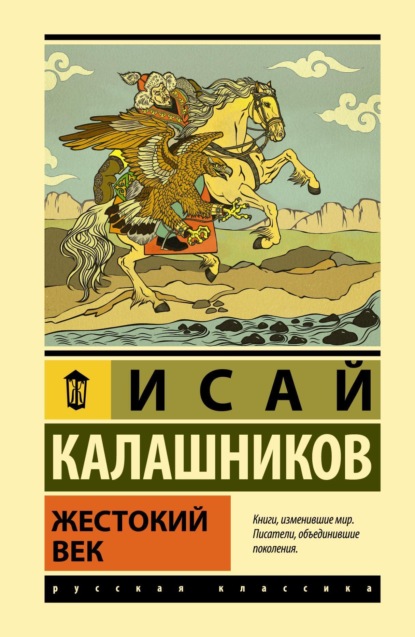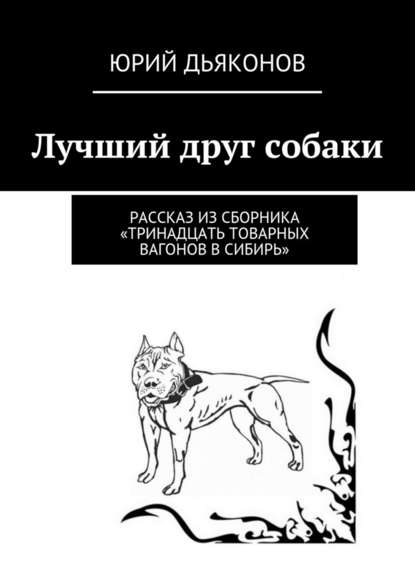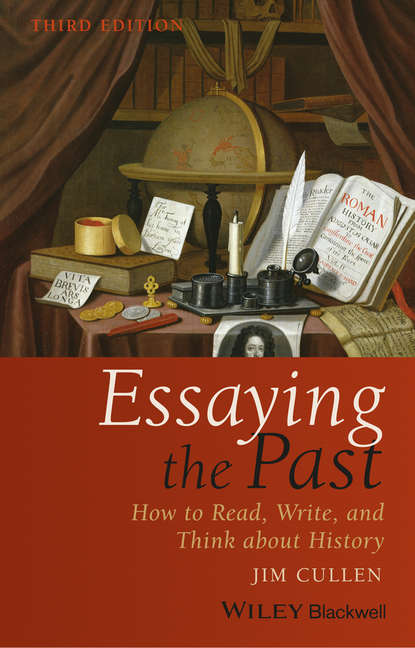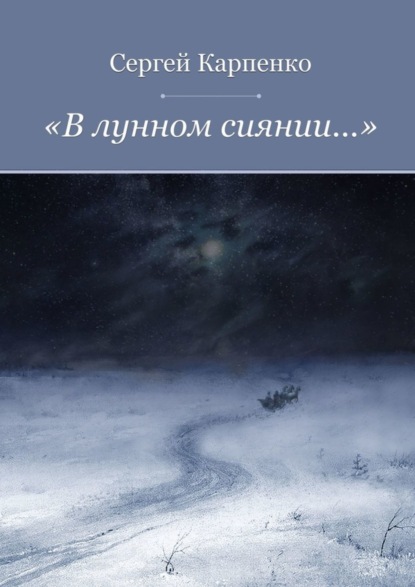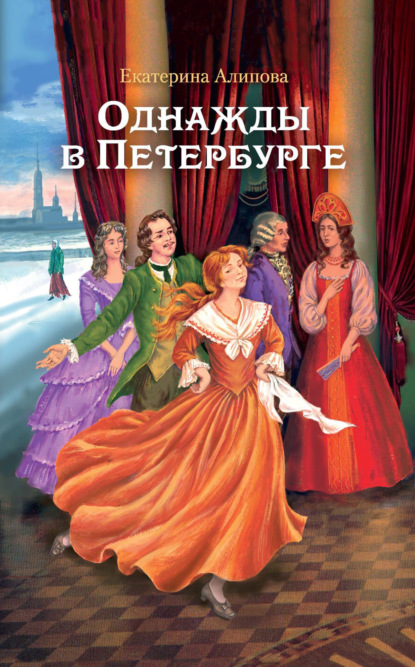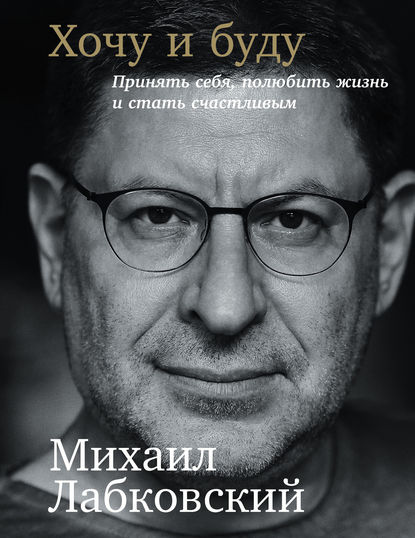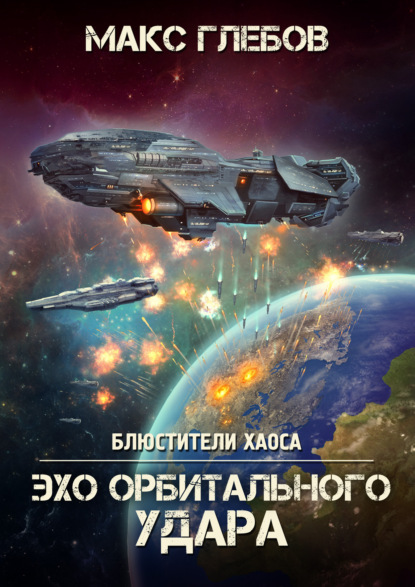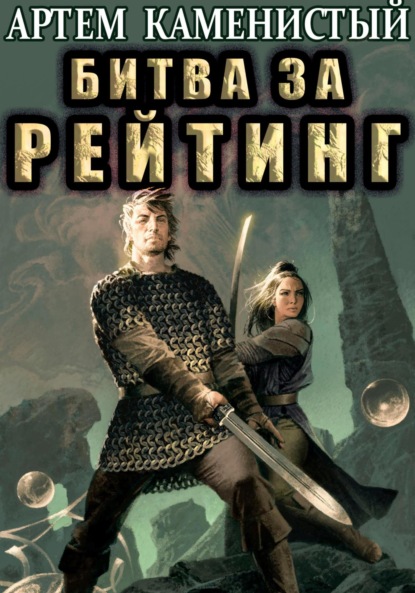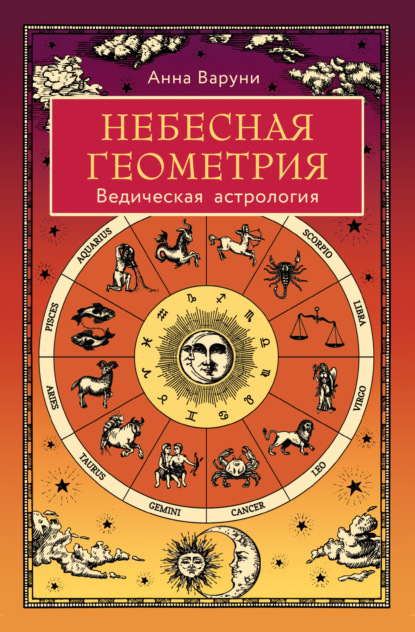Книга "Мужчины войны: Изменяющееся лицо героизма во флоте XIX века" Дэвида Крейна рассказывает о жизни трех гениальных морских офицеров, каждый из которых считался самым блестящим командиром своего поколения. Автор предлагает уникальный портрет Королевского флота на тот момент, когда он неоспоримо правил мировыми океанами. Хотя все трое умерли молодыми, их карьеры охватывали практически все значимые войны, в которых участвовало флот в XIX веке. Они сражались против французов и американцев, русских, турок, египтян, индийцев и китайцев в сражениях флотов и морских обстрелах, на стенах Кантона и берегах Миссисипи, против малайских пиратов и сипайских мятежников.
Фрэнк Хастингс, начавший свою службу в 11 лет, принимал участие в сражении при Трафальгаре и был прославлен как герой Греческой войны за независимость. Но будучи конструктором и капитаном первого успешного парового военного корабля и сторонником гарпунной атаки и полной войны, он неосознанно подготовил путь к тому, что станет самым кровавым веком.
Никто из тех, кто видел Уильяма Пила в окопах Крыма, не забыл его непоколебимого самообладания под огнем, и также было и в Индии, где он мог ездить сквозь пейзаж распадающихся тел, как будто это был мифологический мир, вызванный для испытания его рыцарских качеств. Что позволяло человеку его интеллекта, темперамента, веры и происхождения воевать с таким блеском в защиту Османской империи, которая была отвратительна для каждого из его самых глубоких убеждений?
Если Джеймс Гуденоф также упорно преследовал Славу, как это делали Хастингс и Пил, то это была Слава будущего мира, а не этого. На протяжении всей своей карьеры он старался совмещать требования своей веры и своей профессии, но когда он наконец стал жертвой мученичества в руках "дикарей" на Тихоокеанских островах, потрясенная нация была вынуждена столкнуться с несоответствиями, лицемериями и самообманом, на которых основывалось ее видение божественного избрания.
Объединяя захватывающие сцены битв с острым психологическим проникновением, "Мужчины войны" представляют удивительную картину характера отваги, командования и войны. Обратно внимание, что в электронной версии книги не содержится иллюстраций, которые присутствовали в оригинальной печатной версии.
In this book, the lives of naval officers are portrayed; each one is considered to be the most brilliant captain of their time. This period in history saw the Royal Navy hold unchallenging domination over the oceans of the globe. Although they all died young, each man's career covered nearly every significant war in which they were involved. Life as a naval officer enjoyed boats and battles across the oceans facing French, American, Russian, Turkish, Egyptian, Indian, and Chinese foes, tales of engagements with steam warships, bombardment from sailing ships, battles on the shores of China and in Mississippi River; they faced Malay pirates, sepoy sailors, and British slaves.
Электронная Книга «Men of War: The Changing Face of Heroism in the 19th Century Navy» написана автором David Crane в году.
Минимальный возраст читателя: 0
Язык: Английский
ISBN: 9780007373147
Описание книги от David Crane
Through the lives of three outstanding naval officers – each considered the most brilliant commander of his generation – David Crane offers a unique portrait of the Royal Navy at a time when it held unchallenged dominion over the world's oceans.Although all three died young, their careers covered virtually every war of significance in which the navy was involved during the nineteenth century. They fought against French and Americans, Russians, Turks, Egyptians, Indians and Chinese, in fleet engagements and naval bombardments, on the walls of Canton and the banks of the Mississippi, against Malay pirates and sepoy mutineers.As an eleven-year-old volunteer, Frank Hastings saw action at Trafalgar, and he went on to be revered as a hero of the Greek War of Independence. Yet, as the architect and captain of the first successful steam warship and the champion of gunnery and total war, he unwittingly prepared the way for much that would be bloodiest in the century ahead.Nobody who saw him in the trenches of the Crimea would ever forget William Peel's air of inviolable self-mastery under fire, and it was the same in India, where he could ride through a landscape of decomposing corpses as if it were some mythological world conjured up to try his knightly resolve. What was it that enabled a man of his intelligence, temperament, piety and background to fight with such brilliance in defence of an Ottoman Empire that was repugnant to every tenet he held most strongly?If James Goodenough chased Glory as assiduously as Hastings and Peel had done, it was the Glory of the next world, and not this. Throughout his career he strove to reconcile the demands of his faith and his profession, but when he finally met his martyrdom at the hands of the 'savages' of the Pacific islands, a shocked nation was left to face up to the inconsistencies, hypocrisies and self-deceptions on which floated its vision of divine election.Combining thrilling scenes of battle with acute psychological insight, Men of War provides a remarkable picture of the nature of courage, command and warfare.Note that it has not been possible to include the same picture content that appeared in the original print version.



